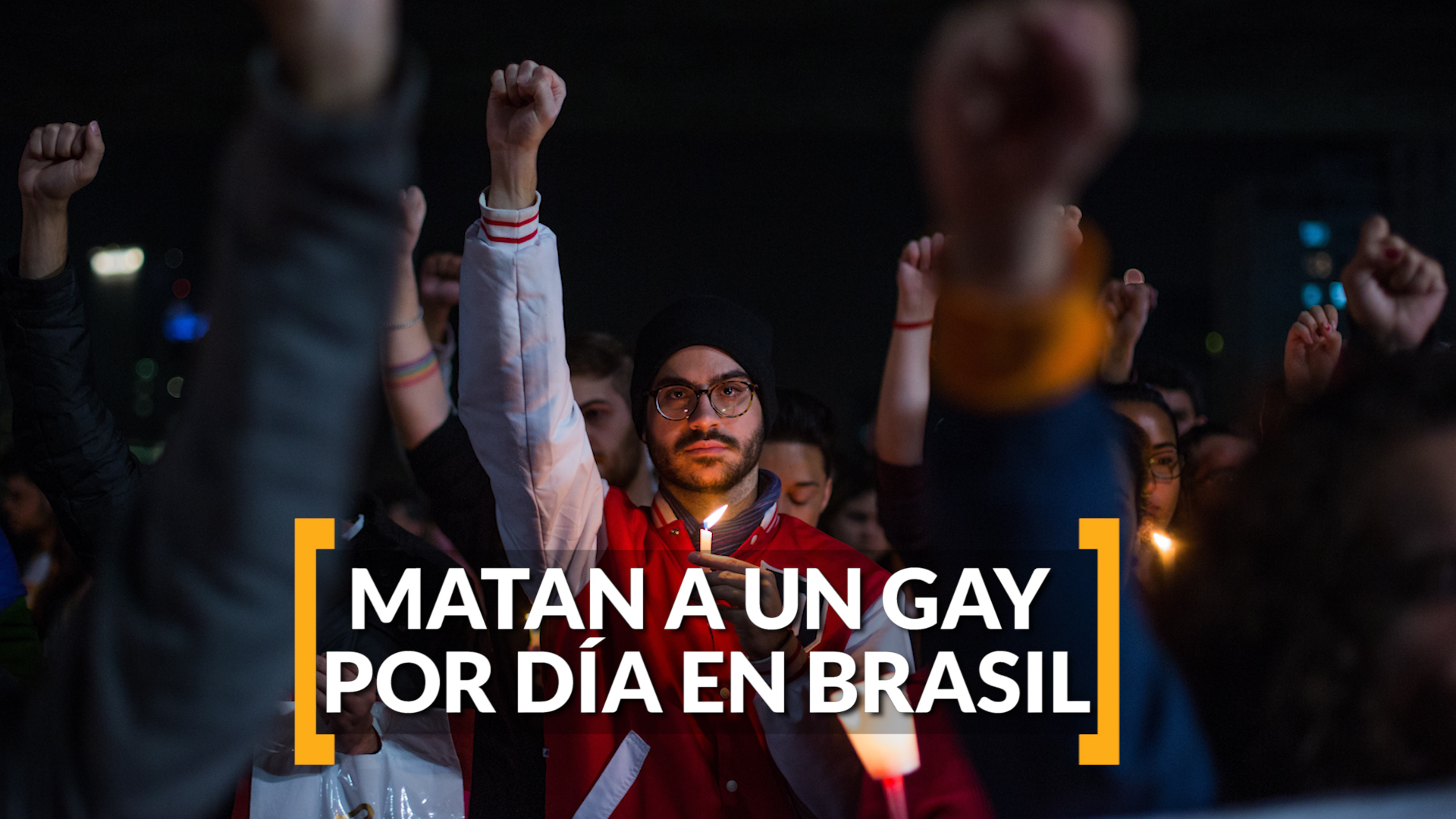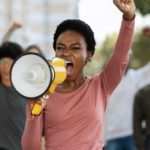Seven Cases of Violence against LGBTI Persons Were Reported in Brazil at the End of April
The alarming numbers of cases of homicides, persecutions, harassment, and discrimination against LGBTI people in Brazil expose the obvious social and political crisis that makes it impossible to guarantee and […]

The alarming numbers of cases of homicides, persecutions, harassment, and discrimination against LGBTI people in Brazil expose the obvious social and political crisis that makes it impossible to guarantee and protect the fundamental rights of historically disadvantaged and unrecognized social groups. From April 18-25, at least five (5) homicides of LGBTI persons occurred in Brazil, in addition to two assassination attempts, all of which were carried out with visible brutality.
Among these cases, at least four of them were of trans women, or travestis. Travesti is a gender identity that exists is some Latin American countries, like Brazil, and that describes people assigned male at birth who take on a feminine gender role and gender expression, sometimes through the use of feminizing body modifications such as hormone replacement therapy, breast implants, and silicone injections.
On April 18, the body of a travesti was found with marks of violence in Fortaleza, capital of Ceará. The police could not identify the victim.
On April 19, a travesti was shot in Foz do Iguaçu, in the state of Paraná. Through a video, it is evident that she had to walk in the street to get help at the Mobile Emergency Response Service (SAMU). She was shot by two men who were on a motorcycle. The men ran away soon after.
On April 21, a person named Bruneide was also shot in the city of Porto Velho, in Rondônia, by two men on a motorcycle. After the shots, both of them ran away. From the news reports, it is not clear how Bruneide self-identified.
Also on April 21, the travesti Rayssa was murdered in Caucaia, Ceará. The shots were discharged by two men and one of them hit her in the head. Rayssa died as a result of her wounds.
On the same day, the body of Antonio Marcos Joventino da Silva, a gay man, was found in the city of Camutanga, in Pernambuco. There were signs of stabbing and torture. Witnesses told police he had been involved in a bar fight the night before.
On April 24, Ari Ribeiro da Silva, an LGBTI activist, was stabbed to death in the city of Parauapebas, Pará. According to witnesses, Ari was seen in a bar accompanied by a man. They left the bar going toward the victim’s beauty salon, where the body was found. The suspect was arrested.
On April 25, the hairdresser John Steven Serna was found dead inside his house in Manaus, Amazonas. The victim was possibly struck by a knife in the chest and in the neck. The police reported that the objects of the residence were overturned and the body was in a room covered with sheets, with hands tied.
In the same week that all these attacks occurred to LGBTI individuals, Brazilian President Jair Bolsonaro made a sexist and lgbtphobic speech in which he state that “Brazil cannot be a country of the gay world, gay tourism. We have families.” And, “whoever wants to come here to have sex with a woman, feel free.” The statement can be added to the president’s usual statements that encourage and approve violations of the rights of women, young people, Afro-descendants, and LGBTI persons.
The International Institute on Race, Equality and Human Rights calls upon the Brazilian State to commit itself to creating a healthy environment for LGBTI people, as well as carrying out investigations so that this community can live without the constant threat of violence. Brazil is internationally obligated to guarantee the fundamental rights to life and personal integrity of LGBTI individuals.

About the autor:
Isaac Porto – LGBTI Consultant for Race and Equality in Brazil

